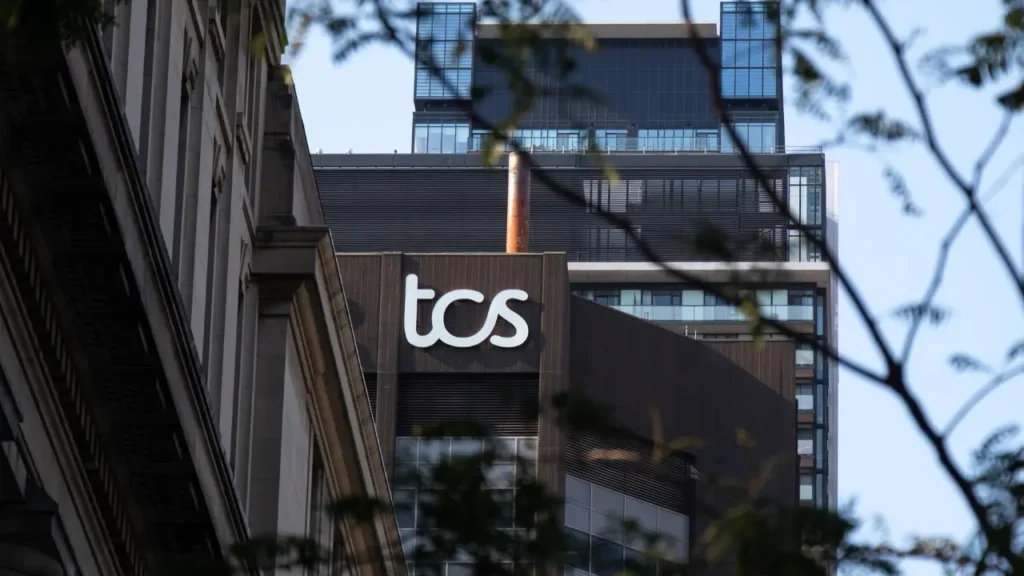TCS Announces 100% Variable Pay for Junior Employees Amid Steady Growth in Q2FY26
Tata Consultancy Services (TCS), India’s largest IT services company, has announced the rollout of its quarterly variable allowance (QVA), with junior employees set to receive 100% of their entitlement. The company’s Chief Human Resources Officer, Sudeep Kunnumal, confirmed the development in an internal communication, highlighting that mid- and senior-level employees will also see a higher payout compared to last year. Kunnumal noted that annual salary revisions for employees up to grade C3A have been implemented effective September 25, with top performers securing double-digit increments. Typically, employees in grades C, C1, and C2—considered the junior band—receive both annual hikes and full variable pay, while those in senior roles have performance-linked payouts. “All associates up to grade C2 under the QVA plan will receive 100% of their quarterly variable allowance,” Kunnumal said in his message. “For grades C3A and above, the payouts will vary based on business performance, though the overall payout for this group will exceed last year’s levels.” In its second-quarter financial results for FY26, TCS reported a 3.8% sequential dip in net profit to ₹12,075 crore, down from ₹12,760 crore in the previous quarter. However, revenue rose 3.7% quarter-on-quarter to ₹65,799 crore, with constant currency growth of 0.8%. The IT giant also saw a reduction of nearly 20,000 employees during the September quarter, even as it doubled its talent base in advanced AI and machine learning skills to 1,59,000 professionals compared to the same period last year. Source: Economic Times
TCS Announces 100% Variable Pay for Junior Employees Amid Steady Growth in Q2FY26 Read More »



